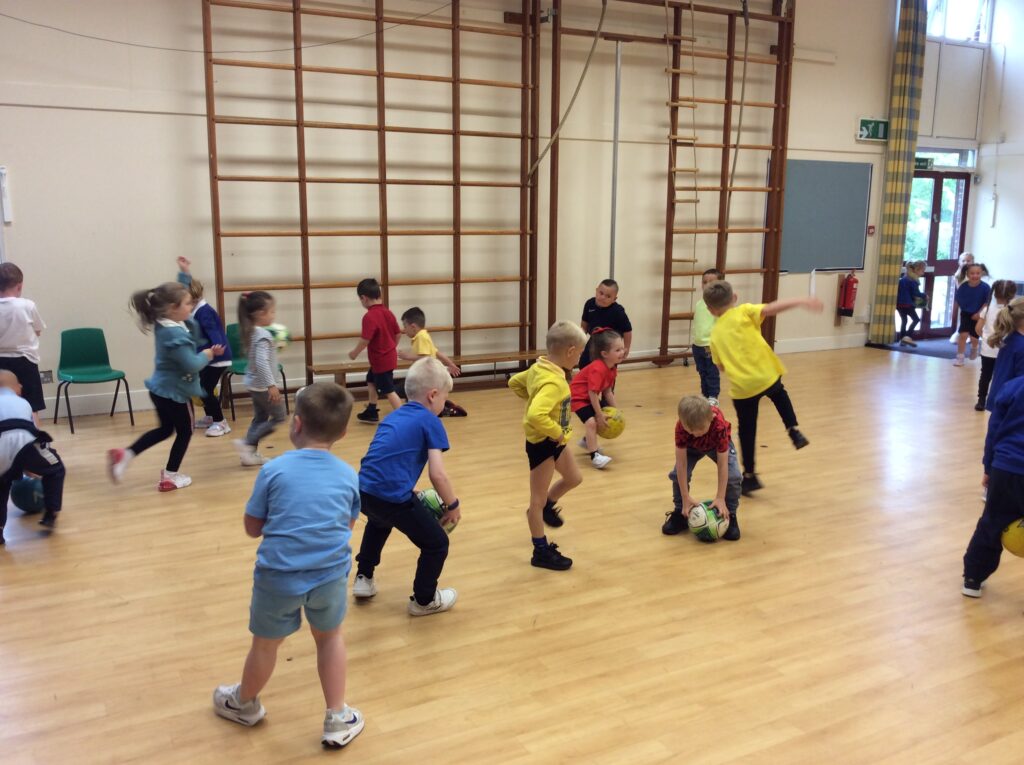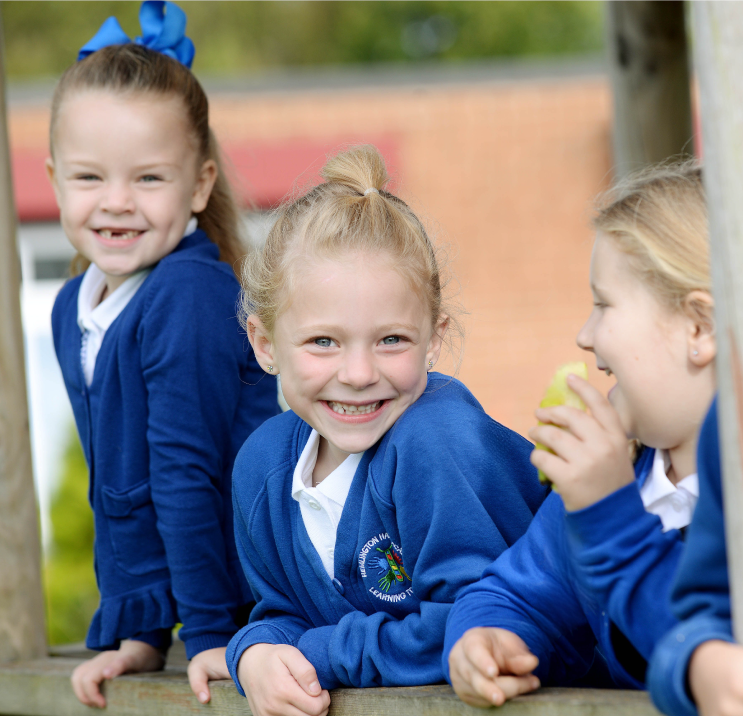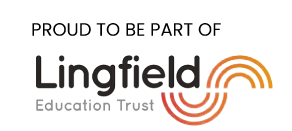At Hemlington Hall Academy, our children participate in high-quality provision that develops confidence and stamina and which contributes to a well-rounded healthy lifestyle. Children take part in both competitive and non-competitive activities, including events in the local area, which instil the values of fairness, respect, resilience and determination in all.
PE Lead – Mr Bennett

Intent
The primary intent for our curriculum:
- Children to know that Physical Education is about more than a lesson – it is about developing healthy habits and knowledge of exercise and fitness
- Through exposing children to a range of activities and sports, for all children to find a PE and sport activity which they greatly enjoy
- To link with local sporting providers to ensure that children who are keen or capable have access to community sporting groups to deepen their interest and hone their skills
- For children to develop the key skills of sportsmanship
- For our children to be fit and healthy as possible – including an active 30 minutes each day in school, which may include the daily mile, skipping or using playground equipment
- All children having the opportunity to participate in intra/inter school competitions throughout the year
- To promote the mental welling-being of our children through a healthy, active life style
Our Physical Education Curriculum at Hemlington Hall Academy
Swimming and Water Safety
All schools must provide swimming instruction either in key stage 1 or key stage 2.
In particular, pupils should be taught to:
• swim competently, confidently and proficiently over a distance of at least 25 metres
• use a range of strokes effectively [for example, front crawl, backstroke and breaststroke]
• perform safe self-rescue in different water-based situations.



